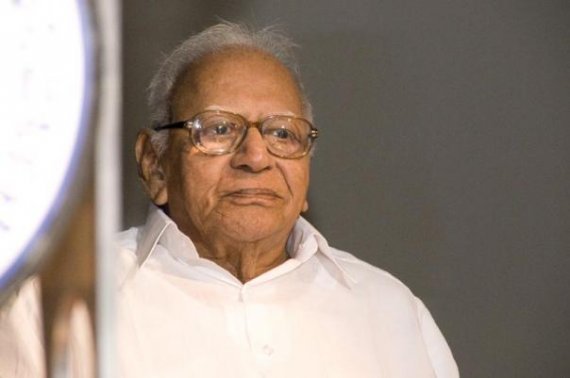- Today is what would have been the 107th birth anniversary of Justice VR Krishna Iyer.
- He is famously known for sitting on the bench that heard the Indira Gandhi v Raj Narain case.
- He was at the Bench of the Supreme Court for a tenure of almost eight years where he reformed the Indian justice system and stood up for the poor and underprivileged.
Today is what would have been the 107th birth anniversary of Justice VR Krishna Iyer. The Supreme Court jurist hailed from the South Indian state of Kerala and was born to a Tamil Brahmin family in the Palakkad district. He studied law at the University of Madras and later became a Supreme Court Justice. He is famously known for sitting on the bench that heard the Indira Gandhi v Raj Narain case and ruled out that Indira Gandhi could no longer be a Member of Parliament but was entitled to retain her position as Prime Minister.
On June 24, 1975, the vacation judge of the Supreme Court led by Justice Iyer, did not grant Indira an absolute stay, but only a conditional stay, ruling that she could continue as Prime Minister till the matter was decided by the Supreme Court, but that she did not have the right to vote in Parliament.
Earlier, the Allahabad High Court had ruled that Gandhi’s election to Parliament was unlawful, and barred her from it for another six years. However, Indira wanted a blanket stay on the High Court judgment. Since Justice Iyer did not grant her that, National Emergency was proclaimed the very next day, June 25, which was imposed for two years.
He was at the Bench of the Supreme Court for a tenure of almost eight years where he reformed the Indian justice system and stood up for the poor and underprivileged. He played an important role in an era of judicial activism, public interest litigation, affirmative action through courts and a wide- 2 ranging exercise of judicial review for which the Indian judiciary is hailed throughout the world today.
In the Ratlam Municipality case, he started a trend for Judges to leave the courtroom and go out there to see with their own eyes the situation on the ground. This is a case in which the local Government’s role and responsibility of an industry in connection with pollution and the cost of handling such pollution to be borne have been dealt with in protecting the larger interest of society and Government.
Although left-leaning, Iyer had endorsed Prime Minister Narendra Modi as the Prime Ministerial candidate in the 2014 Lok Sabha elections.
He had remarked, “I am committed to socialism. And I support Mr Modi because he is also a socialist and encourages Gandhian values – protection of human values and rights, brotherhood, justice at social, economic and political field.”
He also said – “In the chair of the PM, Mr Modi will fulfill hopes and aspirations of the people of India and uphold national dignity.”
After Justice Iyer’s death, PM Modi took to Twitter to share his condolences, “My association with Justice Krishna Iyer was special. My mind goes back to our conversations & the insightful letters he would write to me,”
My association with Justice Krishna Iyer was special. My mind goes back to our conversations & the insightful letters he would write to me.
— Narendra Modi (@narendramodi) December 4, 2014
Despite being a minister in the first communist government in Kerala, Iyer is still revered by a large populace across the opposite end of the political spectrum and that in nutshell is his legacy as a jurist, and more so, as a person.
